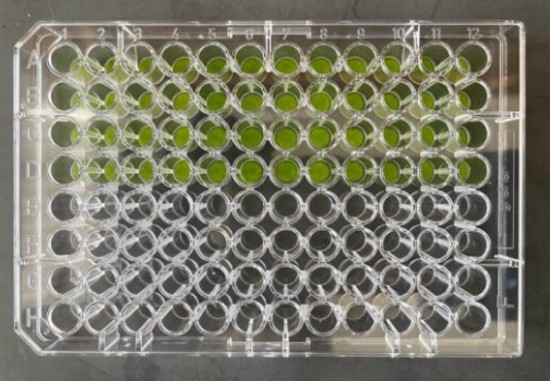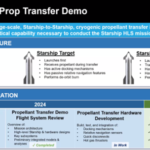As the environment alters in the face of a warming atmosphere and more extreme weather events, reengineering of plants is seen as an effective way to cope with these changes. And specifically, plant roots, are considered key to creating climate change resilience because they draw upon nutrients and water in the soil. That’s why reprogramming the genetics of root structures is being seen by agronomists as a useful exercise to create “smart plants” capable of responding to a wide range of environmental effects.
Stanford University researchers have tackled the challenge to bioengineer plants to face droughts, extreme heat, and floods and their impact on soil and moisture conditions. The goal is to make plants smarter by designing synthetic genetic circuits that can then be introduced into plants to control cell behaviour. The changes allow the plants to adjust to environmental changes, principally, through the modification of root structures.
Jennifer Brophy, Assistant Professor, in the Department of Bioengineering, is one of a team of seven at Stanford who recently published their research in the journal, Science. In an article that appeared in Stanford News, it describes the work and quotes Brophy stating, “Our synthetic genetic circuits are going to allow us to build very specific root systems or very specific leaf structures to see what is optimal for the challenging environmental conditions that we know are coming…We’re making the engineering of plants much more precise.”
The reseacrh has involved the building of synthetic DNA that works like binary code, (computer programs) to instruct plant cells to express specific genes in areas of the plant. Targeting roots is seen as the best way to have plants tackle climate change. Roots that are deep are better at drawing up water and fixing nitrogen. Shallower branching roots are better at drawing minerals that lie closer to the surface of the soil such as phosphorus.
The end result are smart plant logic circuits that program root systems based on what is sensed in soil conditions. So far the team has built more than 1,000 circuits that can manipulate gene expression. In one experiment they imbued glow-in-the-dark traits in the leaves of tobacco plants by creating 188 circuit designs that all worked when loaded into synthetic DNA. A second test was done on , Arabidopsis thaliana, a flowering plant commonly called thale or mouse-eared cress. With it, the object was to insert new code to increase root density and branching.
The plan, now, is to introduce synthetic genetic circuits to commercial crops. The first plant chosen is sorghum which produces biofuels. The goal is to adjust the genetic circuitry of the plant to help it absorb water and perform photosynthesis more efficiently.
Why not use alternate methods like selective breeding to achieve the same results? Brophy notes there is a sense of urgency to the work the team is doing because of current climate change trends. She states:
“Climate change is altering the agricultural conditions in which we grow the plants that we rely on for food, fuels, fibres, and raw materials for medicines…If we’re not able to produce those plants at scale, we’re going to be facing a lot of problems. This work is to help ensure that we will have plant varieties that we can grow, even if the environmental conditions that we’re growing them in become less favourable.”
Stanford isn’t alone in researching ways to tweak plant genetics. Cornell, Boston University, Penn, Oregon and San Jose State, and Lincoln University, to name a few, are hot in pursuit of similar goals. But how does the Stanford research differ from others exploring genetically modified foods and plants? The targeting of the reprogramming by Stanford’s researchers is far more precise to impact only specific cells and areas within the plant where the desired outcome is needed. This means there is no genetic alteration to what the plants are producing for food or other uses.
















